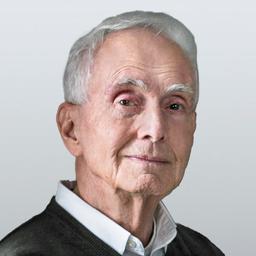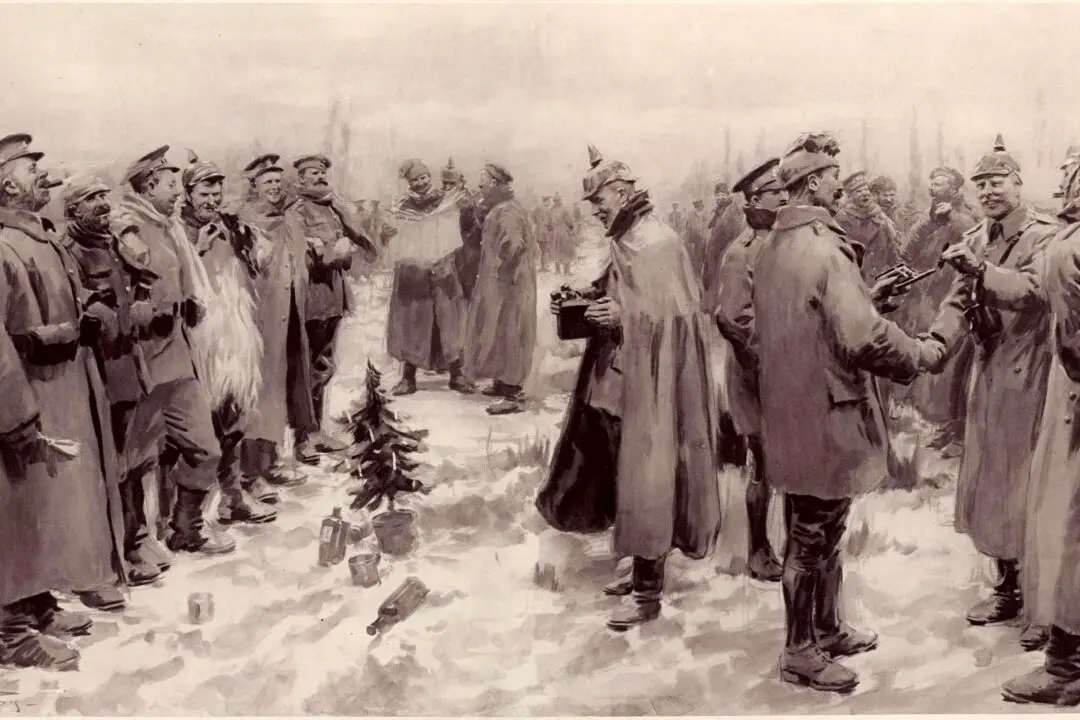How far can words reach? While celebrities like Victor Hugo, Henry James, George Meredith, and Fyodor Dostoyevsky were firing their volleys of prose at the world, an obscure Swiss professor, Henri Amiel (1821–1881), sat in his quiet room and wrote: “In the important questions of life we are always alone. Our deepest inner thoughts cannot be understood by others. The best part of the drama that goes on deep in our souls is a monologue, or, better to say, a very sincere conversation between God, our conscience, and ourselves.”
This very sincere, very beautiful conversation, approaching the outermost frontiers of word and reason, is made available to us by way of his work “Amiel’s Journal: The Journal Intime of Henri Frédéric Amiel,” which was not intended for the eyes of the world. It documents the writer’s development as a human being from his 26th year until his death at 59.






